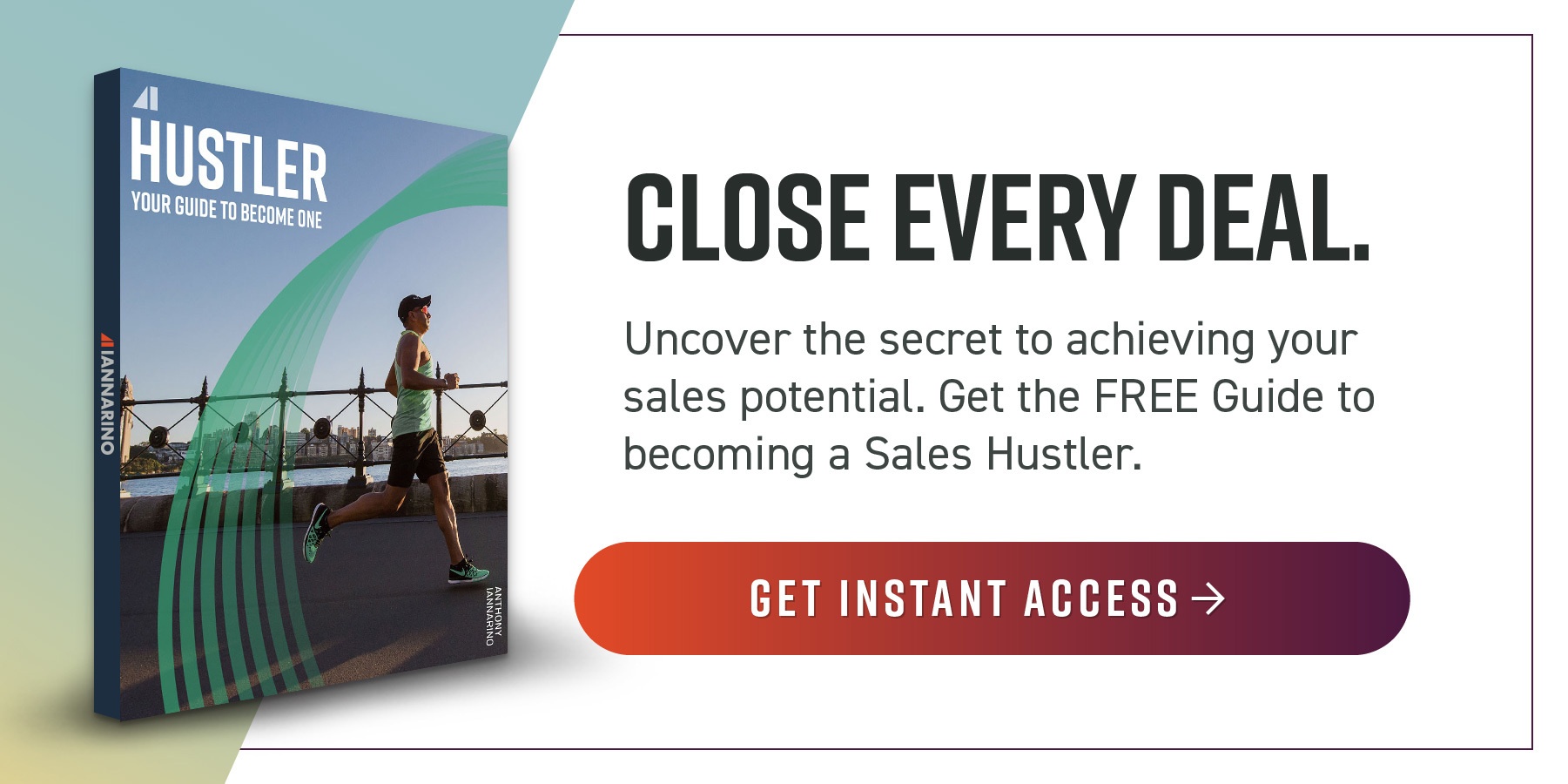If you believe that selling is difficult, know that buying is often more difficult. Part of what makes buying challenging is that buyers research on their own to avoid engaging with salespeople. Some are buying without fully exploring their options, which can lead to buyer’s remorse. Spending time with a good salesperson can prevent this.
You and I might complain about how tough it is to navigate a prospective client’s company and reach a consensus among all the people who have something to say about an initiative. Your buyer often shares this laborious process with you. There are often internal conflicts over priorities, what gets funded, and what doesn’t get a green light.
While these issues complicate the sales process, the biggest thing buyers struggle with is the uncertainty they face when they face an important decision. The quickly evolving B2B landscape makes it difficult for them to know what decision is right. Read more about the certainty sequence.
When a person is concerned about making the right decision and feels uncertain, they turn to people who can help them learn what they need to know to get the decision right. As a friend of mine puts it: “People buy from people they trust to make the decision they don’t trust themselves to make.” Let us call this: decision enablement.
What follows here is a list of what your buyer needs from you. By delivering what is on this list, you massively increase the odds of winning a deal.
- Being One-Up: Being One-Up means you have greater knowledge and experience than your prospective client. Your prospective buyer is looking for someone who possesses the information they lack. The first salesperson to establish that they are One-Up can cause the buyer to stop interviewing other possible suppliers.
- Information disparity: Your buyer relies on you to share what they need to know to make their decision, including what to do, who to buy from, and why. You disappoint your buyer when you are unable to educate them on their decisions around change. If you don’t know something they don’t, there’s no information disparity. This will cause your buyer to look for someone who can give them the information they need.
- Sense-making: Your buyers need you to help them make sense of the current environment, why things are the way they are, and what it means for the buyer and their future. When you don’t explain the current environment and the implications it has on your buyer’s business, your client will continue to feel uncertainty.
- Helping your buyer discover: For decades, salespeople have asked buyers a set of questions designed to elicit a problem and pain points. To be fair, salespeople also ask questions to learn what they need to know. Because of the uncertainty in the environment, your buyers need you to ask questions that allow them to learn something about themselves.
- Comfort introducing you to leaders: Your first meeting is an audition, one that many salespeople fail. Buyers are looking for someone who won’t embarrass them in meetings with leadership and peers. When a salesperson cannot pass this test, they fail the buyer.
- Leading the client: You buyers don’t know what they don’t know. Every day, you help your clients with their buyer’s journey, making you well prepared to help buyers know what they need to do. When you lead your client by providing advice based on your experience, you allow them to successfully conclude their journey and make a decision that will deliver their strategic outcomes.
- Assessing and weighting factors: Your buyers don’t always know what factors they need to assess or how to weigh those factors. When a client buys from a lower-priced competitor, then comes back and buys from you, it is because the client wasn’t able to weigh critical factors when making their decision.
- Counsel: Your buyers are looking for someone who can give the best advice and recommendations on the decisions they need to make. You can tell how consultative you are by keeping track of the number of things you suggest your client should do. Salespeople who do not offer advice or recommendations are not consultative, leaving the door open for another salesperson.
- Certainty: One reason you have stalled deals in your pipeline is because your buyers are uncertain. This is always true when there are economic headwinds, but any concerns you fail to address effectively cause buyers to stall or give up on an initiative.
You can find advice on all these in Elite Sales Strategies: A Guide to Being One-Up, Creating Value, and Becoming Truly Consultative.
The Salesperson That Creates the Most Value Wins
The salesperson who creates the most value by using each of the nine points above is certain to win the buyer’s business. When we talk about creating value, we are describing the ability to educate your buyers and provide them help to attain the better results they need.
When you look at the nine characteristics listed here, you understand why so many outdated sales approaches are no longer effective. None were designed for this environment. They were designed for a time that is no more. See “How to Know Your Sales Approach is Outdated.”
If you'd like some help with creating value in the sales conversation, please consider joining my upcoming webinar on November 16th, 2023.

What Your Buyer Needs From You
Your buyer needs you to adopt a set of strategies that will help them make a decision with certainty. It is your responsibility to be One-Up, use information disparity, and educate them on their future decision. They also need you to help them make sense of the environment and discover what they will need to succeed.
Buyers also need to feel safe introducing you to senior leaders and to facilitate the buyer’s journey by leading them through the sales conversation. You also need to provide good counsel so buyers can accurately assess and weigh the factors that will affect their decisions. Your approach needs to provide your buyers with certainty that they will succeed.
In a recent deal, my contact shared with me how many companies they had interviewed. I was stunned by the large number and how much time they spent looking for someone to help them. To win more deals, you must address what buyers need from you.












